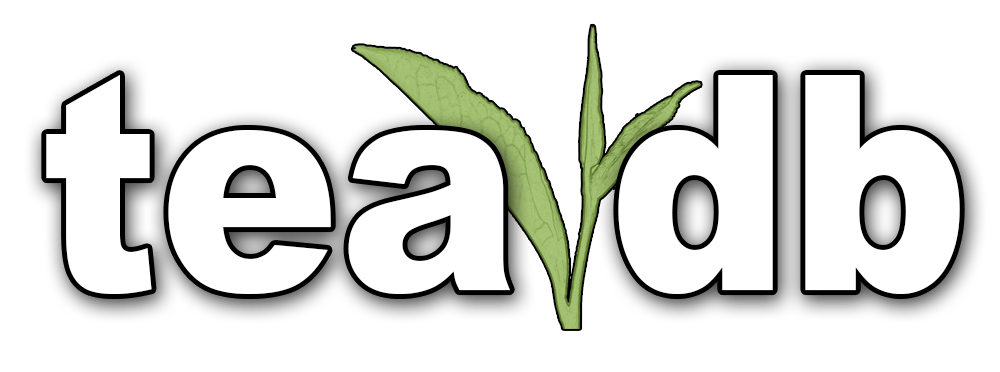In the month of September 2014, the tea of the month was Aged Oolong. During this month, I had Aged Oolongs at least once a day (unless totally unfeasible). I’ll still consume other teas, but the primary focus is understanding and building a palate for a specific type/genre/region of tea through repetition. This the most personal blogging type style of post for TeaDB, and the goal is to stretch my palate as well as give recommendations to interested parties.
Vendors ordered from:
Also featuring:

